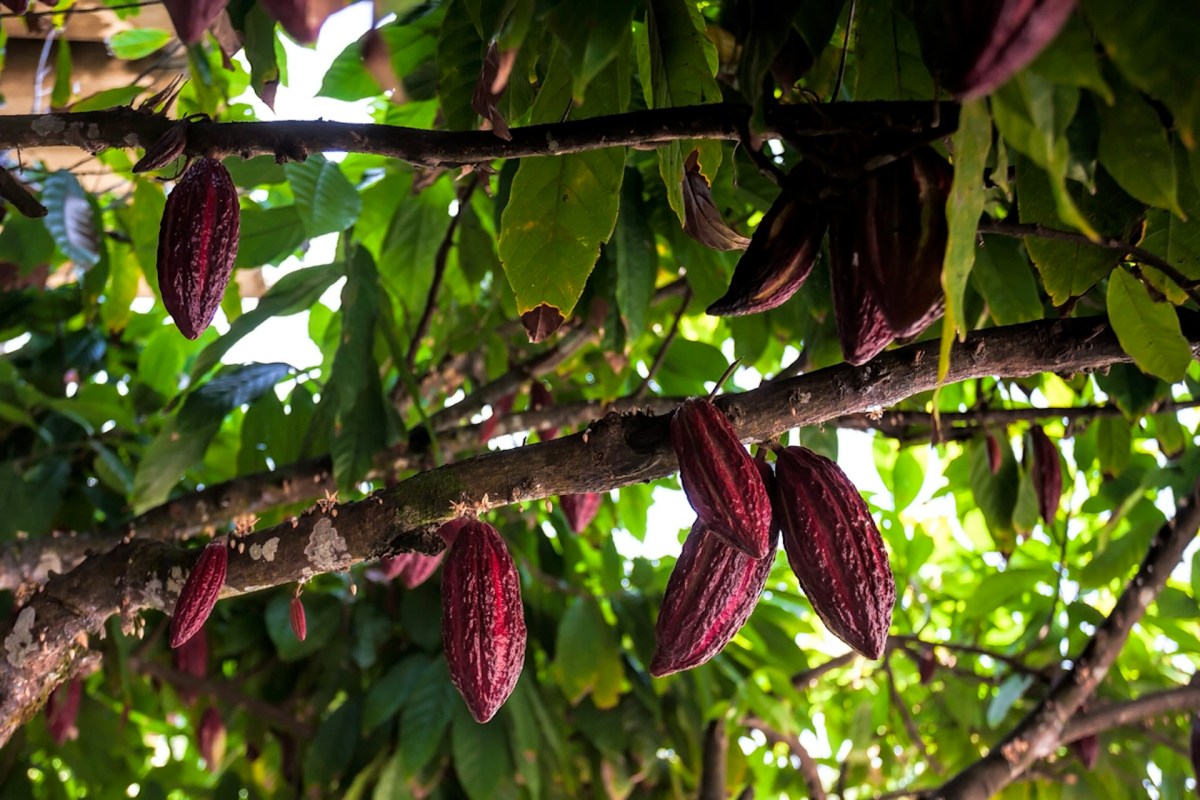Severe weather events in West Africa exacerbated by El Niño have sent cocoa prices soaring this year, nearly doubling in cost from the start of 2024. However, the crop's skyrocketing value hasn't affected demand for chocolate — yet.
Though El Niño is a naturally occurring phenomenon that sees a three-to-five-degree Fahrenheit rise in the Pacific Ocean and leads to droughts and storms, rising temperatures driven by humans have pushed those weather events to new extremes.
The cocoa market in West Africa has faced the brunt of the changing climate, as the region is responsible for 73% of the world's supply. Ivory Coast is the global leader, accounting for 44% of all production, while Ghana is a distant second at 14%.
According to Warren Patterson, the head of commodities strategy at ING, abnormally heavy rainfall last year facilitated the spread of black pod disease and negatively impacted the cocoa supply chain. Meanwhile, drier conditions and a stronger Harmattan season — characterized by dry and dusty winds — this year "are raising only further concerns over how the current crop evolves."
Consequently, ICE futures of cocoa opened on Mar. 18 at $8,179 per metric ton (1.1 U.S. tons), a 94.9% year-to-date increase and a 197.8% jump over the last year.
The repercussions are so drastic that the Hershey company, which produces popular candies such as its eponymous chocolate bar and Reese's Peanut Butter Cups, stated in a press release that the "historic cocoa prices are expected to limit earnings growth this year."
Surprisingly, the soaring costs of cocoa have yet to deter consumers from purchasing chocolate, but Paul Joules, a commodities analyst at Rabobank expects that to change later this year.
"Typically, what you'd expect when you have any sort of agricultural commodity, you'd expect to see some demand destruction when you have these astronomically high prices — but we're not seeing it in cocoa," he told CNBC's "Squawk Box Europe" in February.
"You could say that one of the reasons we've seen cocoa hold up fairly well in terms of demand is it is arguably a compulsive purchase for consumers, so we don't really see it have the same sort of demand dynamics as many other commodities."
A couple of chocolate companies are doing their part to increase their eco-friendliness, which will help limit the effects and frequency of extreme weather events. Hershey's has created a sustainable line of chocolate products that replaced dairy ingredients with plant-based options, and Nestle has switched from single-use plastic packaging to paper in Australia.
Similar actions individuals can take to lessen our environmental impact include ditching single-use water bottles and coffee products or replacing driving with green forms of transportation.
Join our free newsletter for cool news and actionable info that makes it easy to help yourself while helping the planet.









